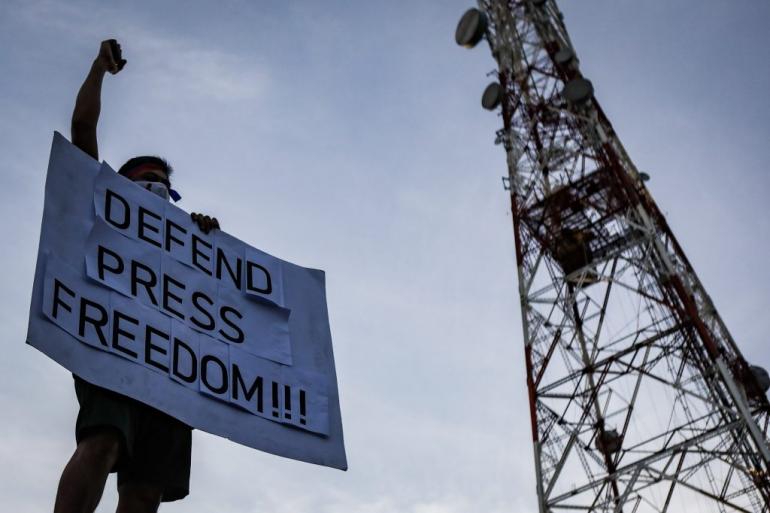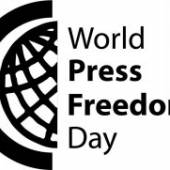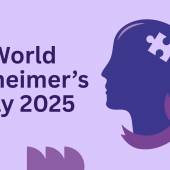World Press Freedom Day

World Press Freedom Day on May 3 acts as a reminder to governments around the world of the need to respect their commitment to press freedom. It is also a day of reflection among media professionals about issues of press freedom and professional ethics.
Just as importantly, Press Freedom Day is a day of support for media which are targets for the restraint, or abolition, of press freedom. It is also a day of remembrance for those journalists who lost their lives in the pursuit of a story.
Every year, May 3 is a date which celebrates the fundamental principles of press freedom, to evaluate press freedom around the world, to defend the media from attacks on their independence and to pay tribute to journalists who have lost their lives in the exercise of their profession.
World Press Freedom Day was proclaimed by the UN General Assembly in 1993 following a Recommendation adopted at the twenty-sixth session of UNESCO's General Conference in 1991.
This in turn was a response to a call by African journalists who in 1991 produced the landmark Windhoek Declaration on media pluralism and independence.
At the core of UNESCO's mandate is freedom of the press and freedom of expression. UNESCO believes that these freedoms allow for mutual understanding to build a sustainable peace.
It serves as an occasion to inform citizens of violations of press freedom - a reminder that in dozens of countries around the world, publications are censored, fined, suspended and closed down, while journalists, editors and publishers are harassed, attacked, detained and even murdered.
It is a date to encourage and develop initiatives in favor of press freedom, and to assess the state of press freedom worldwide.
Below is the message from Audrey Azoulay, director general of UNESCO, on the occasion of World Press Freedom Day 2021:
Thirty years ago today, journalists, editors and publishers from across Africa gathered to draft a call for press freedom, the “Declaration of Windhoek on Promoting an Independent and Pluralistic African Press.”
This landmark Declaration aimed to make the free flow of information a public good – a goal which still resonates today.
Since 1991, the information landscape has undergone tremendous changes, especially with the advent of the Internet and social media. We now have incredible opportunities to express ourselves, stay informed and connect with others. But we are also facing a rise in misinformation and hate speech, the upending of media business models and the concentration of power in the hands of just a few private companies.
The pandemic has underlined the need for reliable information. It is independent journalism that has helped us make sense of this crisis. Journalists have reported from the field, even at great personal risk. Many have been threatened, detained, harassed – especially women. Sixty-two journalists were killed for their work in 2020, and many more lost their lives to COVID-19. We owe them a debt of gratitude.
The pandemic has also exacerbated existing challenges, with numerous media now facing financial losses. The power of Internet platforms has been further entrenched, with lockdowns forcing much of daily life online. And false information and rumors have flourished, in some cases with fatal consequences.
The theme of this year’s World Press Freedom Day, “Information as a Public Good,” underlines the indisputable importance of verified and reliable information. It calls attention to the essential role of free and professional journalists in producing and disseminating this information, by tackling misinformation and other harmful content.
This theme ties in with UNESCO’s efforts to ensure the long-term health of independent, pluralistic journalism, and the safety of media workers everywhere, including through the UN Plan of Action for the Safety of Journalists and the Issue of Impunity.
As part of these efforts, we are working to create more transparency on online platforms in areas such as content moderation, while respecting human rights and international freedom of expression rules. We are equipping citizens with the Media and Information Literacy skills they need to navigate this new information landscape, so they can avoid being duped or manipulated online.
Today, we are also working to ensure that this changing landscape is reflected in the principles enshrined in the Windhoek Declaration, as we celebrate the 30th anniversary of this essential text at the World Press Freedom Conference being held in Windhoek, Namibia, on May 2 and 3.
As we mark World Press Freedom Day, I call on everyone to renew their commitment to the fundamental right to freedom of expression, to defend media workers, and to join us in ensuring that information remains a public good.
Radio Veritas Asia (RVA), a media platform of the Catholic Church, aims to share Christ. RVA started in 1969 as a continental Catholic radio station to serve Asian countries in their respective local language, thus earning the tag “the Voice of Asian Christianity.” Responding to the emerging context, RVA embraced media platforms to connect with the global Asian audience via its 21 language websites and various social media platforms.












